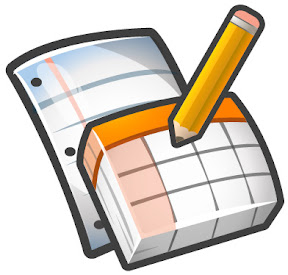 OK, I know I've been big on the surveys lately, but this one is really important to me.
OK, I know I've been big on the surveys lately, but this one is really important to me.As you probably know, there's been a lot of hoopla about the new overdraft fee regulations. Banks are no longer allowed to automatically enroll customers in what they call, "overdraft protection." To us common folk, we generally call them "overdraft fees" or "allowing you to spend money you don't have so we can screw you out of more money we know you don't have."
I started thinking about my history with overdraft fees and some things I learned from Dave Ramsey. I wondered, who really pays all of these overdraft fees that account for 38 billion dollars per year in revenue?
This survey intends to find out. At the time of writing, I had 84 responses and I need hundreds more. Please, take my anonymous survey and ask all of your friends to do the same. Here is the Overdraft Fee Survey:
 I went on my honeymoon with my beautiful wife last week and the week before. Having a little time off of work gave me the opportunity to get some work done :). I've been wanting for a while to develop a survey to find out
I went on my honeymoon with my beautiful wife last week and the week before. Having a little time off of work gave me the opportunity to get some work done :). I've been wanting for a while to develop a survey to find out  I have an old website where I keep most of my bookmarklets. I'm planning on deprecating that site and just putting up some personal stuff (since I don't do what that site says I do anymore).
I have an old website where I keep most of my bookmarklets. I'm planning on deprecating that site and just putting up some personal stuff (since I don't do what that site says I do anymore).